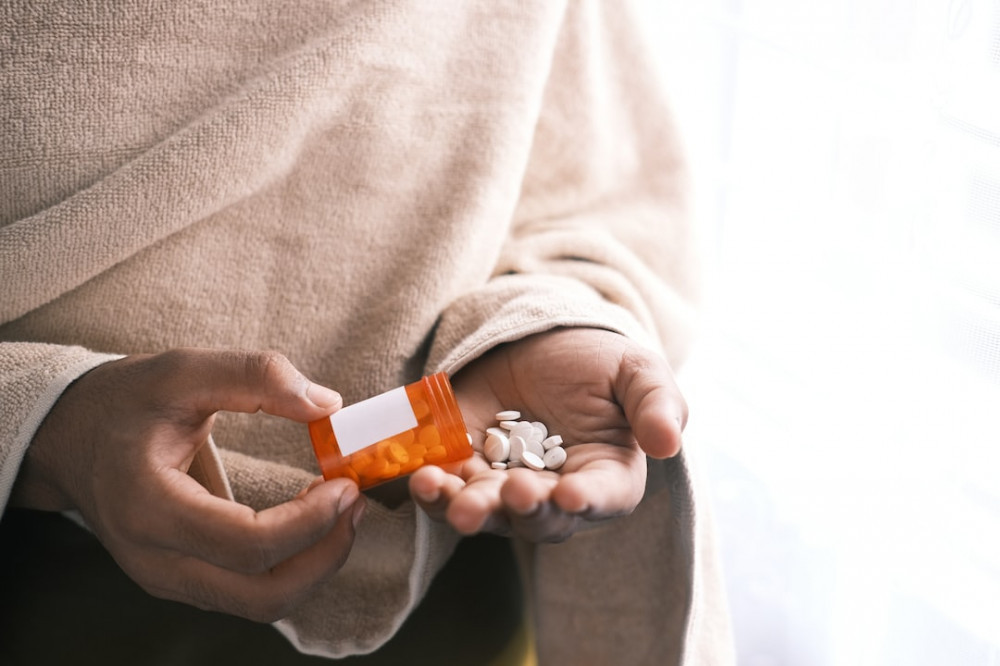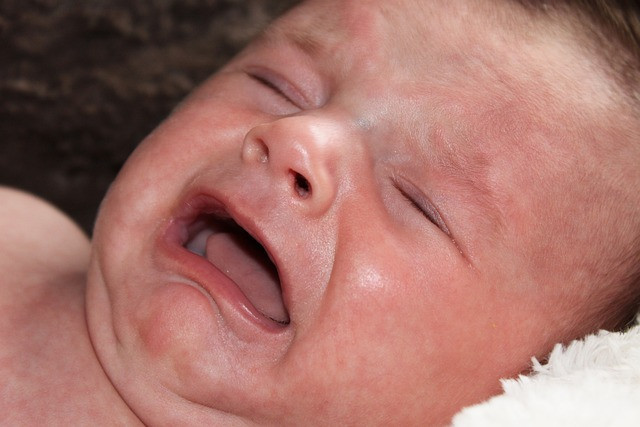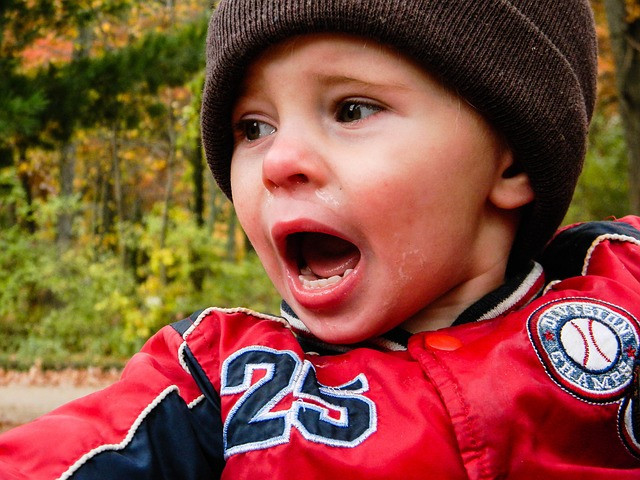
What is substance abuse, you may ask. It is the use of illegal drugs or the use of prescription or over-the-counter drugs or
alcohol for purposes other than those to which they are meant to be used, or in excessive amounts. Substance abuse
may lead to social, physical, emotional and job-related problems.
Whatever the reason a person would start taking drugs, be it recreationally or prescribed due to medical reasons, its
tolerance, physical dependence, patterns of increased used and ultimately, addiction may develop – more often, before the
user even realizes that the addiction had already taken place.
When addiction develops, it can be very difficult to stop using drugs without professional intervention. When you realize
that you or someone you love has the problem, it is very important to get help right away. Drug use can destroy the body
and the mind, and may eventually be fatal. There is no shame in admitting that you have a problem with drug abuse and
that you need treatment, and doing so can be life-saving.
Drug Abuse Symptoms
The use of most substances will produce noticeable signs and symptoms. These may include physical and behavioral
signs and symptoms.
What are the physical signs of drug abuse?
Those that affect certain physiological processes are the most noticeable symptoms of drug use. Your body’s tolerance to a
drug develops when a drug is used often for long enough time that the body adapts to the consistently elevated presence
of the substance in your system. The tolerance grows, and therefore increased quantities and/or strengths are required to
achieve the desired effects.
Those that are using a drug to get high may come to take or large doses to overcome their tolerance, that they place
themselves at increasing risk of potentially deadly overdose.
Changes in appearance that can be additional clues to possible drug use may include:
- Changes in hygiene
- Abrupt weight changes
- Skin changes
- Dilated or constricted pupils
- Bloodshot or glazed eyes
- Dental issues
- Problems sleeping or sleeping too much
Signs may vary based on the substance and the method used like smoking, injection, inhalation, etc.
What are the behavioral signs of drug abuse?
Drug use and drug abuse will significantly change a person’s behavior. Some drugs can impair the ability of the brain to
focus and think clearly.
Changes in behavior that are associated with substance abuse may include:
- Increased aggression or irritability
- Dramatic changes in habits and/or priorities
- Depression
- Changes in attitude/personality
- Lethargy
- Sudden changes in social network
- Involvement in criminal activity
Recognizing the physical or behavioral signs of drug use/drug abuse can help prevent the problem from significantly
progressing further.
Infants of Mothers that has Substance Abuse Issues
Mothers that has substance abuse issues may be using combination of drugs, alcohol and tobacco use during pregnancy.
While the fetus grows and develops in the mother’s womb, the nourishment from the mother is transferred via the placenta.
Along with the nutrients, any toxins in the mother’s system may be delivered to the fetus. These toxins may cause damage
to the developing fetal organs. The baby then will become dependent on the substances that the mother is using.
What are the signs and symptoms seen in babies of a substance-using mother?
Babies born from a substance-using mothers may have short-term or long-term effects.
- The diagnosis for babies with signs of withdrawal may be confirmed with drug tests of the baby’s urine or stool. The mother’s urine will also be tested. However, if the urine is not collected soon enough, the results may be negative. A sample of the meconium (baby’s early stool) or the umbilical cord sample can be tested.
- Short-term withdrawal symptoms may consist only of mild fussiness.
- More severe symptoms may include irritable or jittery behavior, feeding problems, and diarrhea. Symptoms vary depending on which substances were used.
More significant long-term developmental problems may be seen in babies who are born with growth failure or various organ problems.
- Infants born to mothers who drink alcohol, even in modest amounts, are at risk for fetal alcohol syndrome disorder (FASD). This condition consist of growth problems, unusual facial features, and intellectual disability. It may not be detected at the time of birth
- Babies who have been exposed to drugs, alcohol, or tobacco are at higher risk for SIDS (Sudden Infant Death Syndrome)
- Other drugs may cause birth defects involving the heart, brain, bowels or kidney

What is the treatment for an infant of Maternal Drug Abuse?
The baby’s treatment will depend on the drugs that the mother used, as well as the severity of the symptoms that the baby
is manifesting. Treatment may involve:
- Limiting noise, lights and unnecessary stimulation
- Maximizing “tender loving care” (TLC) including skin-to-skin and breastfeeding with mothers who are in treatment/no longer illicit substances (including marijuana)
- Using medicines (in some cases)
In the case of babies whose mothers used narcotics, the baby is most often given small doses of narcotic at first. The
amount is slowly adjusted as the baby is weaned off of the substance over days to weeks. Sedatives are also used.
Infants with organ damage, birth defects or developmental issues may need medical or surgical therapy and long-term
therapies.
These infants are more likely to grow up in homes that do not promote healthy emotional, social, and mental development.
They and their families will benefit from long-term support.
How does drugs affect a child’s development?
When a child is born already addicted to drugs, it can cause many physical and developmental issues for them in early life
and down the line in adulthood. This includes medical disorders affecting their organ due to delayed development in the
womb, but also mental disabilities or underdeveloped cognititve abilities.
Children are often the silent victims of mothers with substance abuse disorders. Drug addiction in the home hurts the
child/children’s future. It takes emotional, psychological and physical toll on the kids that changes the course of their future.
They can sometimes be put in the position to “become the adult” in a home where drug is a constant problem and miss out
on key developmental experiences that children should go through. They are faced with the very stressful and damaging
experiences in relation to drug use that can stick with them for a lifetime.




